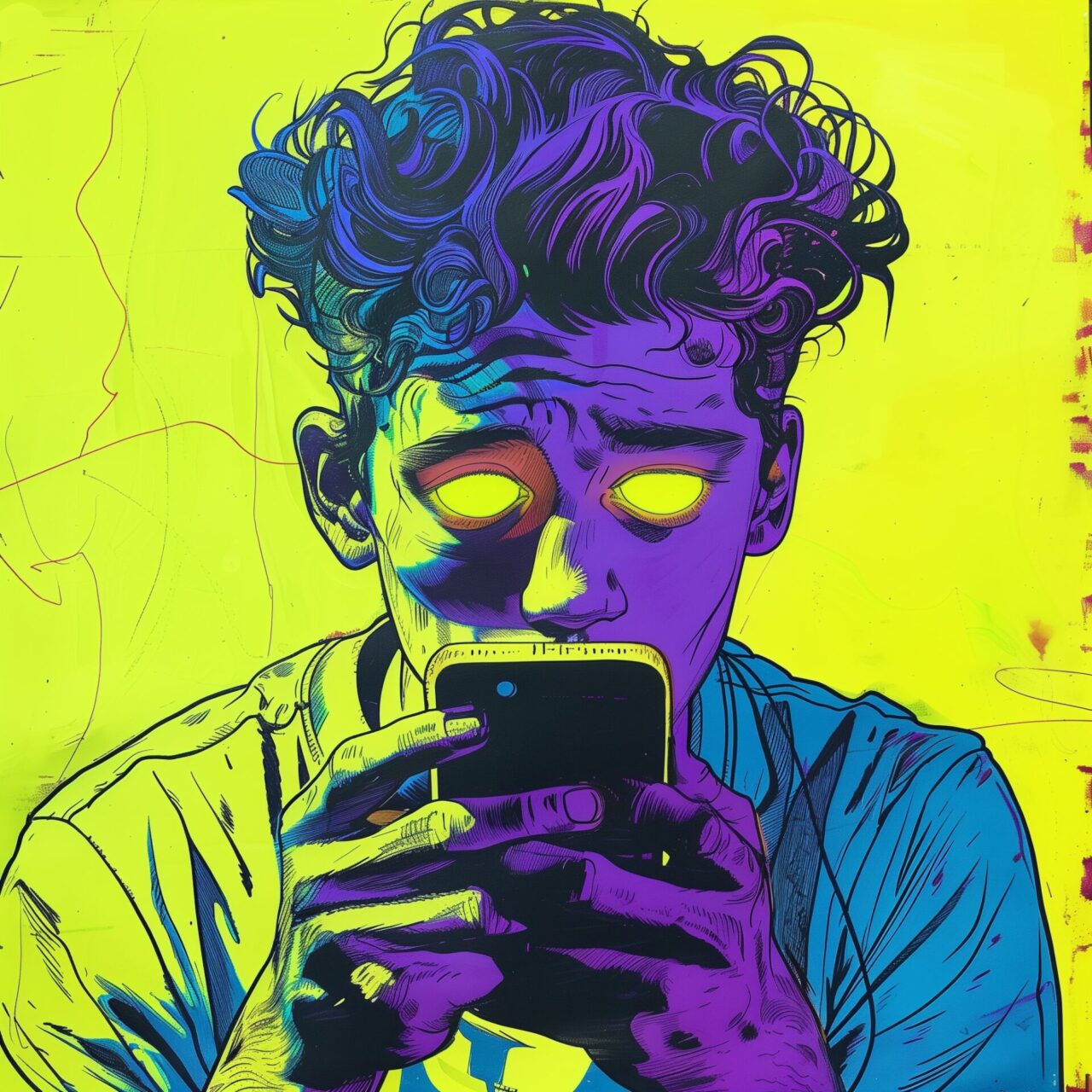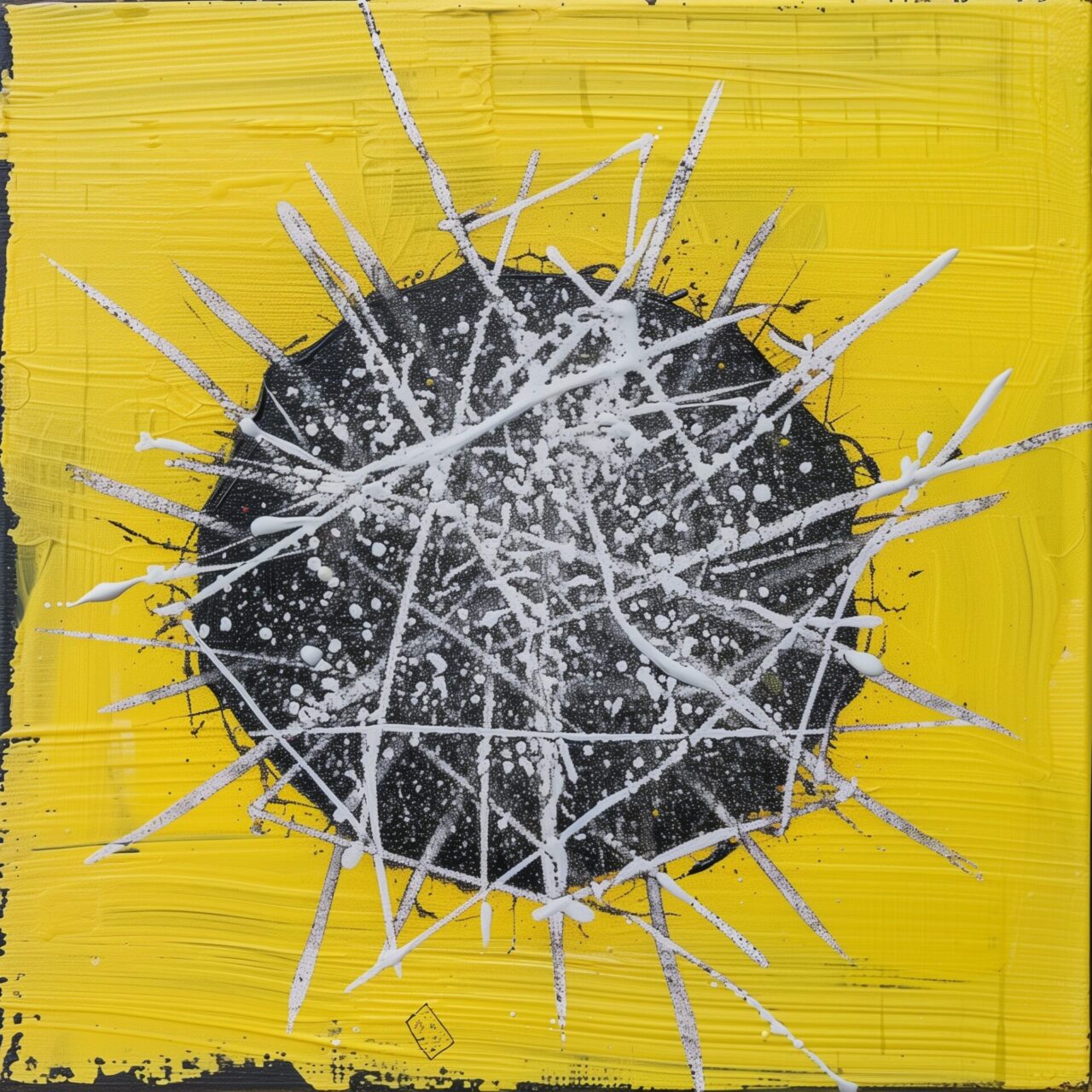
Dopaminic dilemmas
In the era of hyper-digital existence, where the glow of screens replaces the dim candlelight of past reading evenings, dopamine, the glamorous neurotransmitter molecule, has emerged as the secret ruler of our reward centres. Dopamine, often jokingly referred to as the “molecule of motivation”, is the silent conductor behind the curtain of our neuronal opera – orchestrating how we feel pleasure, desire and reward. Particularly in focus: our collective affection for computer games, mobile phone games and the dazzling world of social media.
Dopamine and the digital delicacy
The careful choreography between dopamine and digital pleasures is no coincidence, but the result of meticulous engineering. Video games and social media are the culmination of interactivity, instant gratification and unlimited possibilities – a perfect stage for the dopamine ballet. Every “like”, every stage reached and every notification is a small but effective dopamine shower that briefly puts us in a state of euphoric satisfaction.
The social synapse: networking and its consequences
Digital networking has not only rewired our communication channels, but also our social structures. Social media offers an illusion of togetherness, reinforced by the steady trickle of dopaminergic rewards. But what happens when the virtual applause stops? Studies suggest that an over-reliance on digital recognition can lead to social isolation – ironically, in a world that seems more connected than ever before.
The dark side: Depression and ADHD
The downside of the digital dopamine economy can be seen in its possible links to depression and attention deficit hyperactivity disorder (ADHD). In a world characterised by constant stimulation, the constant dopamine kick can paradoxically lead to impoverishment: what psychologists call “reward insufficiency syndrome”. People with ADHD in particular may be vulnerable to the seductive ramifications of the digital world, as they have an innate tendency towards dopamine-dependent behaviour.
Depression in the digital era
The dopamine crash can be just as serious. After the high comes the low, and the constant stimulation from digital content can make everyday pleasures seem colourless and unsatisfying. This can encourage a spiral of dissatisfaction and possibly depressive states. In this respect, the digital world, originally intended as an escape route from reality, could paradoxically become a catalyst for psychological distress.
Philosophical reflections: The dopamine debate
The philosophical scope of the dopamine discourse extends far beyond medical or psychological models. In a society that increasingly prioritises achievement and success over individual well-being, dopamine dependence could be understood as a symptom of a larger cultural and existential dilemma. The question that arises is whether we are slaves to our own neurochemical processes or whether we are capable of regaining control over the mechanisms that drive us.
And now?
In the digital era, dopamine is both a blessing and a curse. It empowers and limits, it connects and isolates. Perhaps the greatest challenge lies in finding a balance – a state in which we use the digital world not just as a source of instant gratification, but as a tool to enrich our real lives. In this sense, consciously managing our digital habits could be the key to a healthier, more balanced existence in our increasingly connected world.


